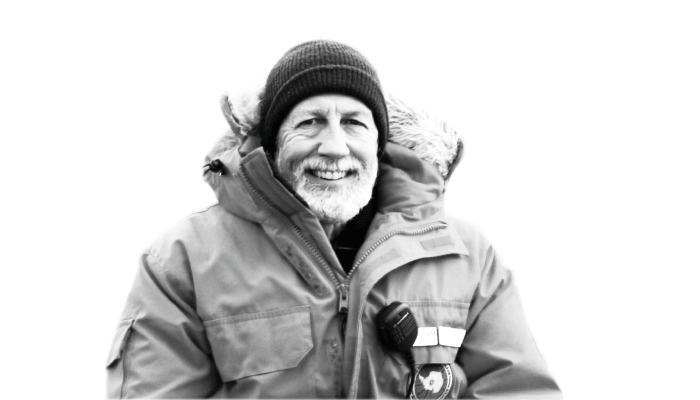
I’m an analytical chemist by training, and for the first 10 years of my career I was an environmental chemist. Somewhere along the way my group started writing proposals to NASA because we wanted to do analytical chemistry on Mars. People thought we were crazy! They kept telling me I was going to ruin my tenure and things like that. Luckily, I didn’t listen, because in 2003 we eventually had one of our proposals funded, and my group performed the first wet chemical analysis of Martian soil with the Phoenix Mars Lander. Currently, we have a mission funded to analyze water, geochemistry, and habitability on the moons of Saturn – Enceladus and Europa.
My drive to explore the universe comes from the fact that when I was growing up in the 1960s (I’m giving away my age here) I was a massive Star Trek fan. To add to this, my Dad was a mining engineer and he was always bringing home funny little instruments that I could tinker away at. So that grounding really set me in this direction. I’ve always loved science and just exploring new things, but now that desire has matured into a question that I believe is similar for a lot of scientists – are we alone in the universe? The only way to answer that is to find a sign of past or present life elsewhere in our solar system and beyond, and that’s what I want to do. I wake up every day trying to figure out ways I can contribute to that answer.
The problems that keep me awake are probably quite similar to those that keep most scientists awake – how do we get funding and how do we keep our labs running? But quite literally, I’m also usually thinking about the next day’s research, what people are going to be working on in my lab. At this point in my career, I’m not really looking to establish myself anymore; I’m mostly focused on creating those opportunities for my students and postdocs to allow them to progress in their careers.
It’s been a tough year! March through June our labs were shut down (as for everyone else), and you can only write so many papers without actually doing more research! I was also trying to hire a postdoc this year who would be based both here with me in the US, and at Imperial in London. Unfortunately that didn’t happen because of the pandemic. I think the biggest milestone would just be adapting to this new situation, especially in terms of learning how to give online lectures and run analytical labs.
I’ve saved a couple on my desktop that have been particularly interesting, but if I had to choose just one: “Synthetic connectivity, emergence, and self-regeneration in the network of prebiotic chemistry” (1). They basically modeled and showed the different reactions that could result in biotic synthesis – essentially the emergence of life on Earth – some of which had never been considered before!
References
- A Wolos et al., “Synthetic connectivity, emergence, and self-regeneration in the network of prebiotic chemistry,” Science, 369, 1955 (2020). DOI: 10.1126/science.aaw1955




